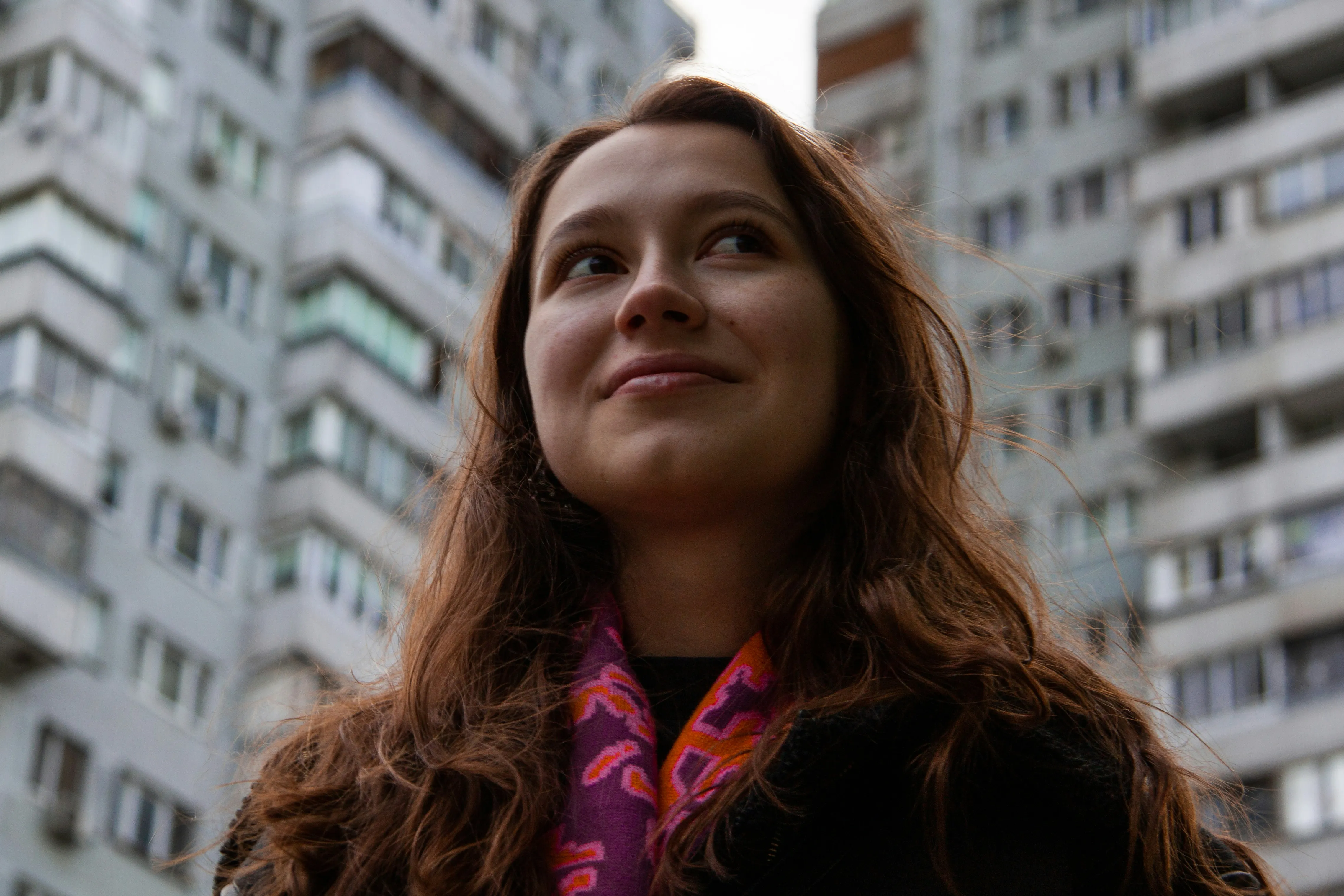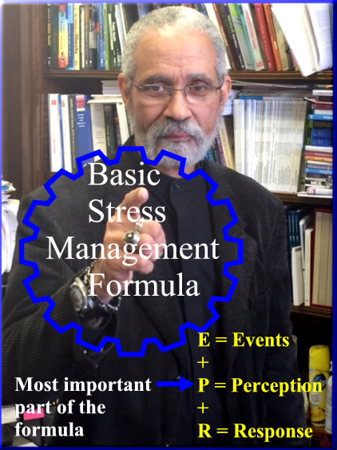The Role Of Inflammation In The Aging Process
Introduction
Inflammation is a biological process that has received quite a bit of press in recent years and has been the subject of numerous different health trends, most popularly in the fields of diet and weight loss. Inflammation is defined by the National Institute of Health as “a very complex response to an injury, infection, or other stimulus, in which many different cells types and secreted factors orchestrate protective immunity, tissue repair, and resolution of tissue damage.”
There is also a new trend of research and information that inflammation may have a key role in the aging process, with some thought-leaders surmising that inflammation is the primary cause of aging in human beings. That may or may not be true, but we can certainly review the current information available to figure out if inflammation is something we should be aware of to help us age gracefully.
Most research has been done to understand the role of inflammation in the elderly, especially concerning degenerative diseases. While we are still working to understand the overall role of inflammation in the lifespan of the aging process from youth onwards, there seems to be a fair amount of consensus that it plays a primary role in the accelerated aging process seen in the elderly.
A recent panel organized by National Institute of Health and National Geroscience Interest Group on aging stated that “It is now recognized that a mild pro-inflammatory state is correlated with the major degenerative diseases of the elderly.” This begs the question of how does inflammation start or how does it originate?
It is a hard question to articulate and requires a great deal of medical and scientific jargon to properly express, however a summary from a recent study in Recent Patents on Inflammation & Allergy Drug Discovery expresses a good general outline, “Inflammatory process induces oxidative stress and reduces cellular antioxidant capacity.
Overproduced free radicals react with cell membrane fatty acids and proteins impairing their function permanently.” What exactly does that mean? Inflammation most simply put is the body’s response to an abnormal event in the body that it is attempting to repair. The most common or simple version might be a stubbed toe that swells, turns black or blue and eventually over time as healing occurs returns to normal.
That process is the body inflaming the hurt area to protect it or heal it.
Chronic inflammation is the case of internal inflammation over time that can lead to aging processes. As the research study stated, it induces stress and reduces certain capacities in the body, many of which are key to the aging process, in order to deal with other stresses within the body.
Being that we have a basic idea of the aging process and inflammations role in it, how do prevent inflammation from occurring? The jury is still out officially, although two different recent studies examined the role of caloric-restriction on the inflammation process.
Both studies, from the Aging Research Reviews and Antioxidants and Redux Signaling respectively, examined the anti-inflammatory actions of aging-retarding caloric restriction and exercise. It would seem that, while perhaps not a complete surprise, a poor diet, and sedentary lifestyle would increase inflammation and therefore the aging process.
In fact, the study from Antioxidants and Redux signaling found that “major chronic aging-related diseases such as atherosclerosis, arthritis, dementia, osteoporosis, and cardiovascular diseases, are inflammation-related.” It is certainly not a coincidence that most of these conditions are also symptoms of a sedentary lifestyle and poor diet choices.
Conclusion
As a summary, it is fair to conclude that inflammation has a high correlation and may be a direct cause of many aging and degenerative conditions we face later on in life.
We also are safe to surmise that inflammation is a reactive process of our body to attempt to heal events that are not ideal for homeostasis, or events that place stress on the body.
In the case of inflammation, these events are molecular and result from the bad kind of stress, that stress that comes from poor diet choices and lack of exercise, which leads to inflamed cellular responses.
To summarize in the simplest terms, inflammation increases the process of aging, and poor diet and lack of exercise increases inflammation; therefore, eat a healthy diet and exercise to help inhibit the aging process!
References:
https://www.ncbi.nlm.nih.gov/pmc/articles/PMC3616233/
http://www.ingentaconnect.com/content/ben/iad/2009/00000003/00000001/art00009
https://www.sciencedirect.com/science/article/pii/S1568163708000299














